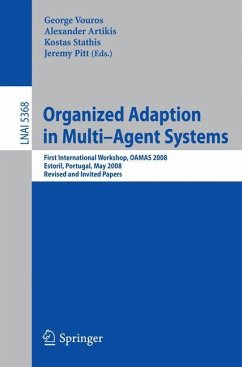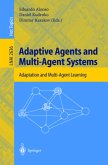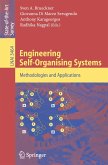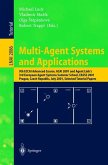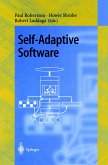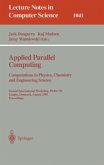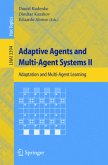Adaptation, for purposes of self-healing, self-protection, self-management, or self-regulation, is currently considered to be one of the most challenging pr- erties of distributed systems that operate in dynamic, unpredictable, and - tentially hostile environments. Engineering for adaptation is particularly c- plicated when the distributed system itself is composed of autonomous entities that, on one hand, may act collaboratively and with benevolence, and, on the other,maybehavesel?shlywhilepursuingtheirowninterests.Still,theseentities have to coordinate themselves in order to adapt appropriately to the prevailing environmental conditions, and furthermore, to deliberate upon their own and the system's con?guration, and to be transparent to their users yet consistent with any human requirements. The question, therefore, of "how to organize the envisagedadaptationforsuchautonomousentitiesinasystematicway"becomes of paramount importance. The ?rst international workshop on "OrganizedAdaptation in Multi-Agent Systems" (OAMAS) was a one-day event held as part of the workshop p- gram arranged by the international conference on Autonomous Agents and Multi-Agent Systems (AAMAS). It was hosted in Estoril during May, 2008, and was attended by more than 30 researchers. OAMAS was the steady convergence of a number of lines of research which suggested that such a workshop would be timely and opportune. This includes the areas of autonomic computing, swarm intelligence, agent societies, self-organizing complex systems, and 'emergence' in general.
Bitte wählen Sie Ihr Anliegen aus.
Rechnungen
Retourenschein anfordern
Bestellstatus
Storno

